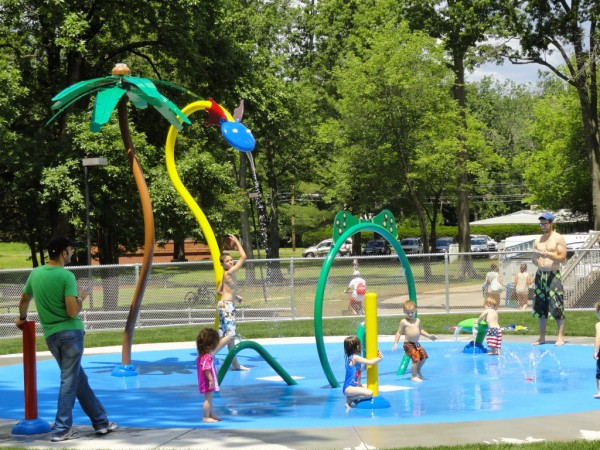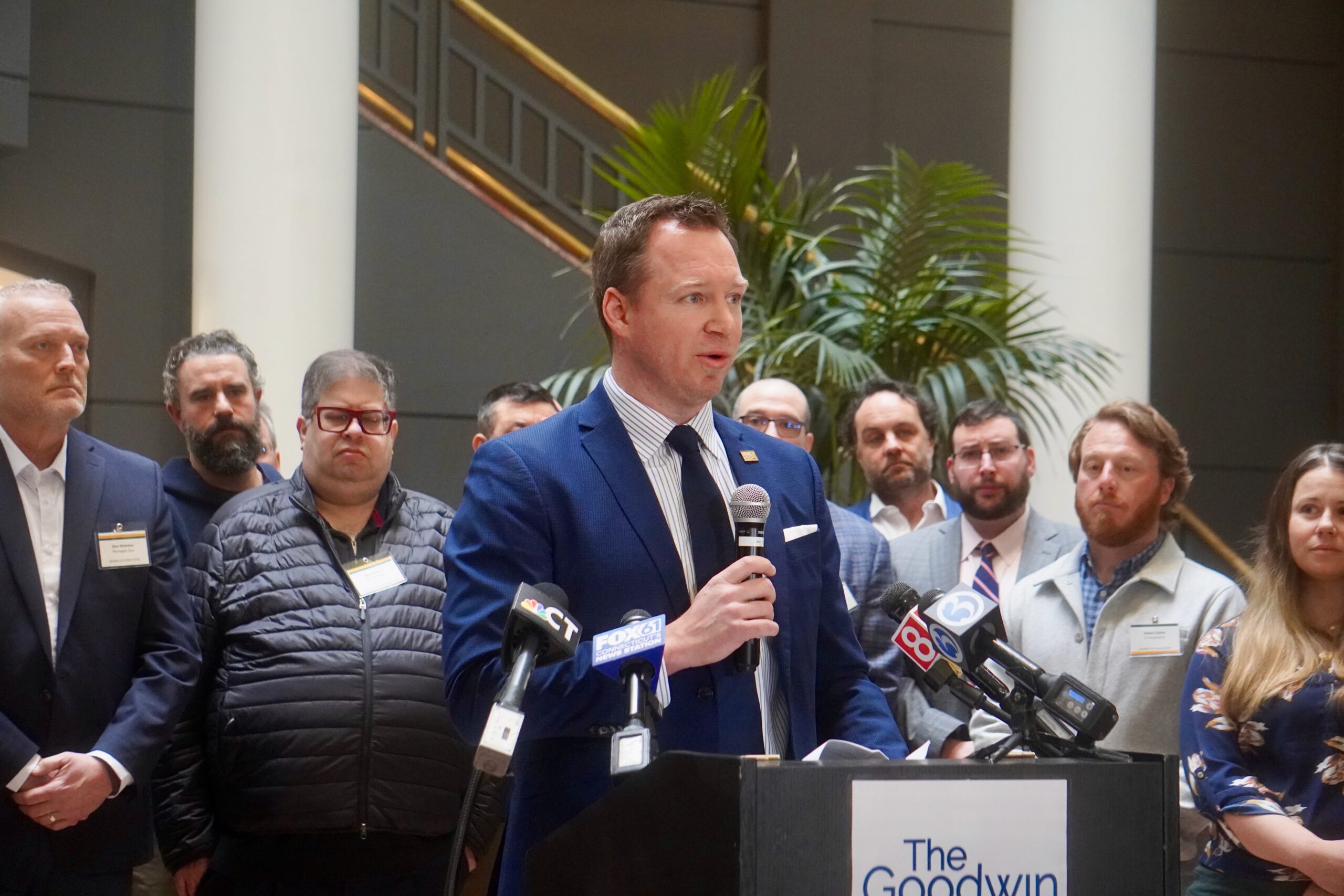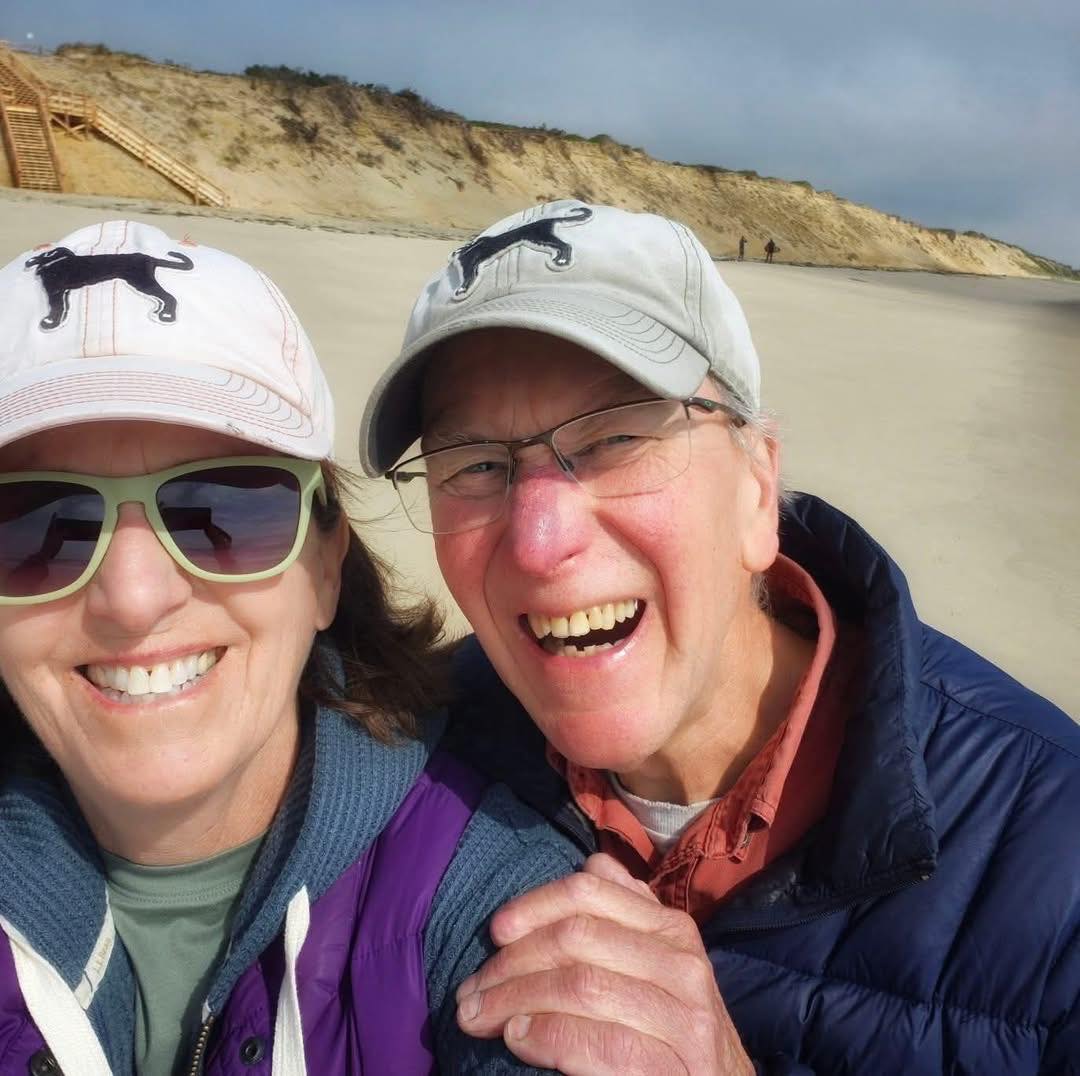Heat Advisory: How to Handle the Heat Wave

Audio By Carbonatix

The Fernridge Park splash pad is a good place to take young children to keep them cool. Photo credit: Ronni Newton (we-ha.com file photo)
West Hartford has several designated cooling centers, and Gov. Dannel P. Malloy reminds residents statewide of resources available to help the most vulnerable beat the heat.
Submitted
Due to extreme weather conditions this upcoming weekend, Matt Hart, West Hartford Town Manager, announced the following municipal cooling centers and hours:
Noah Webster Library: 20 South Main St. Open Saturday from 10 a.m.-5 p.m. and Sunday from 11 a.m.-5 p.m.
Faxon Branch Library: 1073 New Britain Ave. Open Saturday from 10 a.m.-2 p.m.
Bishops Corner Branch Library: 15 Starkel Rd. Open 10 a.m.-2 p.m.
West Hartford Senior Center, Bishops Corner: 15 Starkel Rd. Open Saturday from 10 a.m.-5 p.m. and Sunday from 10 a.m.-5 p.m.
Elmwood Community Center: 1106 New Britain Ave. (2nd Floor). Open Sunday from 10 a.m.-5 p.m.
In addition to these centers, the Westfarms Mall is open Saturday and Sunday, 10AM-9PM. (1500 New Britain Ave).
The following public parks offer splash pads: Beachland Park, Fernridge Park, Kennedy Park, and Wolcott Park.
Public pools may be found at the following parks: Beachland Park, Eisenhower Park, Fernridge Park, Kennedy Park.
More information on parks and pools can be found on the town’s website.
Statewide, Governor Dannel P. Malloy is urging Connecticut residents, particularly those who are most vulnerable, to take precautions during periods of excessive heat and humidity during the summer season, including this upcoming weekend as a heat wave is forecast to move into the state on Friday, June 29, and last several days.
Those who are looking for a place to get out of the heat can locate a cooling center, which are available in towns and cities across the state, by calling 2-1-1.
“Excessively high temperatures can be dangerous for peoples’ health, especially among the elderly, young children, and those who work outdoors,” Malloy said. “Drink lots of water, stay in the shade, and please keep an eye on those who are at greatest risk.”
“Everyone should take the necessary precautions as temperatures rise this summer,” Department of Emergency Services and Public Protection Commissioner Dora Schriro said. “A few simple steps can make a real difference reducing heat-related issues, especially for the elderly, the very young, and people with respiratory ailments who are more susceptible to the effects of high temperatures.”
Although anyone can suffer from heat-related illness, some people are at greater risk than others:
- Infants and young children are sensitive to the effects of high temperatures and rely on others to regulate their environments and provide adequate liquids.
- People 65 years of age or older may not compensate for heat stress efficiently and are less likely to sense and respond to change in temperature.
- People who are overweight may be prone to heat sickness because of their tendency to retain more body heat.
- People who overexert during work or exercise may become dehydrated and susceptible to heat sickness.
- People who are physically ill, especially those with heart disease or high blood pressure, or who take certain medications, such as for depression, insomnia, or poor circulation, may be affected by extreme heat.
Some prevention tips to stay safe in extreme heat include:
Stay Cool: Keep your body temperature cool to avoid heat-related illness
- Stay in air-conditioned buildings as much as possible. If you must be outdoors, try to limit your outdoor activity to the morning and evening. Try to rest often in shady areas so that your body has a chance to cool off.
- Find an air-conditioned shelter. (Call 2-1-1 for a list of cooling centers). Do not rely on a fan as your primary cooling device.
- Avoid direct sunlight.
- Wear lightweight, light-colored clothing.
- Take cool showers or baths.
- Check on those most at-risk several times a day.
- Pets that cannot be brought indoors should be provided ready access to water and shade to keep them cool.
Stay Hydrated: Because your body loses fluids through sweat, you can become dehydrated during times of extreme heat
- Drink more water than usual.
- Don’t wait until you’re thirsty to drink more fluids.
- Drink from two to four cups of water every hour while working or exercising outside.
- Avoid alcohol or liquids containing high amounts of sugar.
- Remind others to drink enough water.
Like what you see here? Click here to subscribe to We-Ha’s newsletter so you’ll always be in the know about what’s happening in West Hartford!



